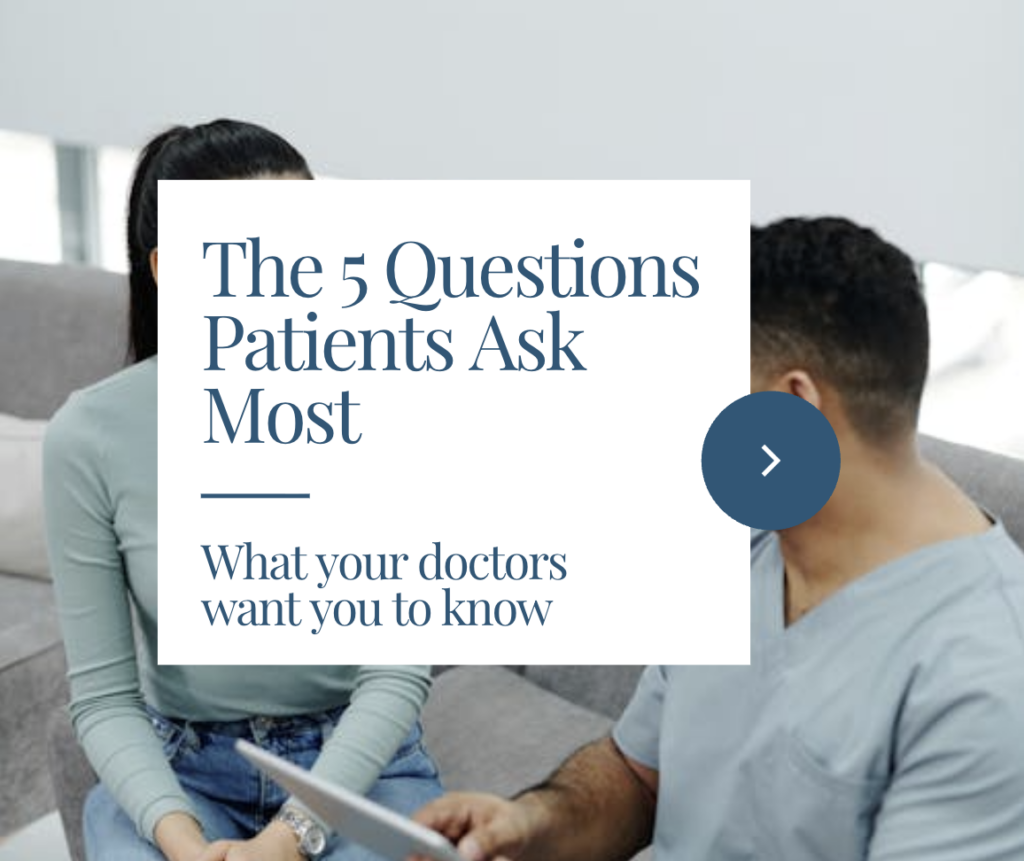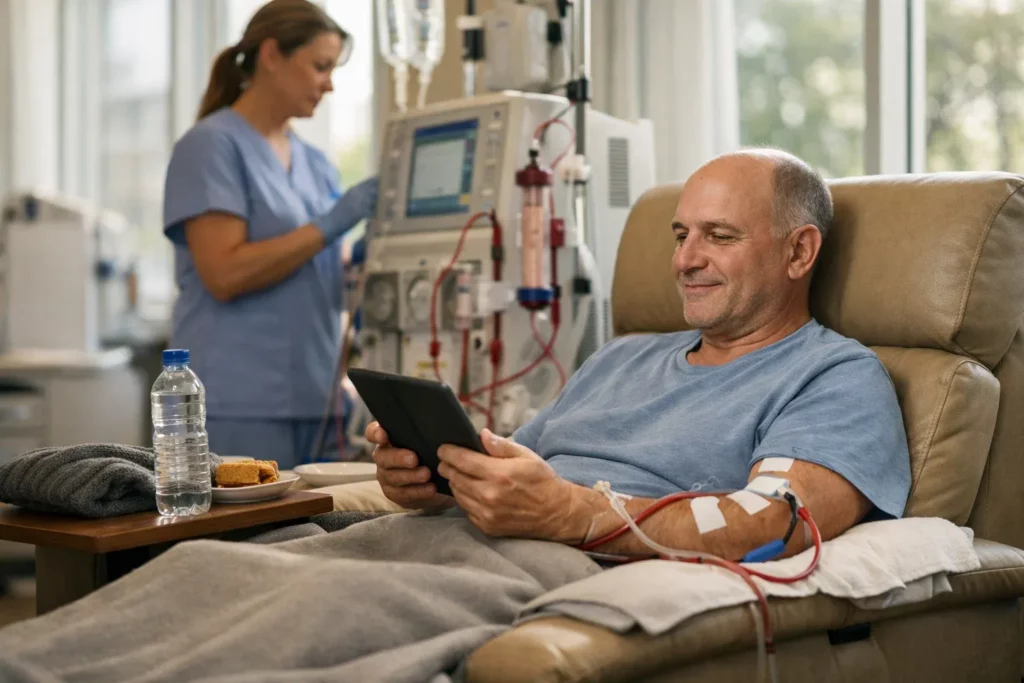Summer’s heat brings a heightened risk of dehydration, but it’s not always as obvious as just feeling thirsty. In a recent conversation with Jen Mears, NP at ANC, we discussed the less apparent signs and dangers of dehydration. Here’s what you need to know!
Early Signs of Dehydration
“Dehydration often shows up before you feel thirsty,” says Jen. Keep an eye out for dark, concentrated urine with a strong smell, urinating less frequently, or feeling lightheaded and unusually tired. These signs can signal that your body is lacking fluids. When properly hydrated, your kidneys work efficiently to filter waste and maintain healthy blood flow. However, when fluid levels drop, the kidneys struggle to perform.
Over time, the risks associated with frequent or chronic dehydration compound. Repeated dehydration puts a constant strain on the kidneys, increasing the risk of irreversible damage, especially for those with pre-existing kidney conditions.
Special Considerations for Kidney Patients
For those with kidney disease, staying hydrated is especially important, but also more complex. For instance, patients on dialysis may need to limit fluid intake, while transplant recipients may have different hydration needs. Since hydration is very dependent on individual cases, Jen emphasizes the critical need to discuss hydration strategies with your healthcare provider to find what works best for your specific situation.
Practical Tips for Staying Hydrated
Hydration can be tough in the summer, especially if you’re active or simply dislike plain water. Here are some hacks to stay on track:
- Add natural flavor to water or try coconut water, but watch potassium levels.
- Eat water-rich foods like watermelon, cucumbers, and strawberries.
- For those with fluid restrictions, try chewing gum or sucking on hard candy to curb the sensation of thirst.
As we enter the peak hot months of the summer, it’s important to note that hydration doesn’t entail a one-size-fits-all strategy! For kidney patients, be sure to learn about your needs and correspond with your care team to create a hydration plan that’s right for you.






